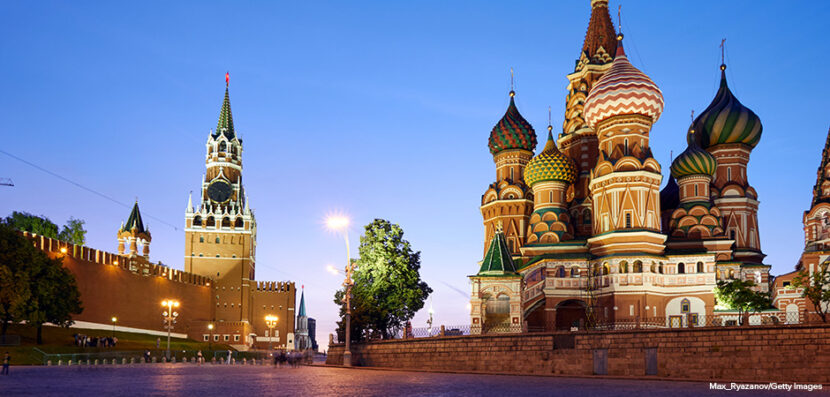- Current Events New Alabama Congressional District Selects Candidates
- Current Events Nebraska Rejects Winner-Take-All Proposal
- Citizenship Voting Under Age 18
- Citizenship Citizenship in Action
- Democratic Party Biden’s and Trump’s Recent Primary Results
- Elections Trump and Biden Win South Carolina and Michigan Primaries

Congressional Crisis in Russia
Here in the United States, all eyes are focused on the impeachment trial of the president that has begun. But other nations are currently facing their own political crises. In Russia, President Putin has recently proposed sweeping changes to his country’s constitution, which has resulted in many elected officials leaving their positions and political experts all over the world fearing what these changes might mean. Here, Election Central takes a closer look at the situation.
Putin Proposes Changes
On January 15, Putin gave his annual State of the Nation Address. Highlights from the speech included Putin’s concern over the falling Russian birth rate; his announcement that Russia has become the world’s leader in advanced weaponry; and his proposal of a series of amendments to the Russian constitution. Although Putin said he would not be in favor of adopting a new constitution, he did suggest several changes to the requirements to become president. For example, he suggested that in order to serve, a candidate must have been a resident of Russia for at least 25 years, and be Russian-born.
In addition, he also proposed several changes that would affect whoever succeeds him as president in 2024. Putin’s suggested amendments would give lawmakers more power to nominate the prime minister and other major positions within the government. His plan would also give more power to the State Council, a presidential advisory body, by using the constitution to make the Council an official part of the government’s executive branch. In effect, all of these changes taken together would limit the powers of the president–in other words, whoever succeeds Putin after his term ends in 2024–while increasing the power of the State Council and other major lawmaking bodies.
Why These Changes?
Though Putin argued that these amendments would make Russia more democratic, most experts disagree, saying that they are just an attempt by Putin to remain in a position of influence after he terms out of his presidency in 2024. Currently, the Russian constitution only allows the president to serve two terms in a row. But Putin has hinted that he would like to do away with presidential term limits altogether. In the past, he has avoided this issue by taking on the role of prime minister in between his terms. Critics fear that he will do this again, or that he will take on a role in the newly-empowered State Council before running for president again. This will allow him to remain in a position of a great deal of influence even when he’s not officially president.
The Cabinet Responds
Shortly thereafter, in response to Putin’s attempts to amend the constitution, the entire Russian Cabinet stepped down. Prime Minister Dmitry Medvedev was the first to resign, and the rest of the Cabinet followed suit. Putin has already announced potential replacements for Medvedev, and the rest of the Cabinet will remain in place until replacements are named for them as well.
To be clear, this was not an act of protest against Putin’s proposed amendments; rather, the Cabinet stepped down in order to ease their passage by appointing his loyal supporters to the recently-vacated seats.
It is expected that a vote on the constitutional amendments will happen before the summer.


